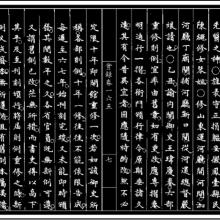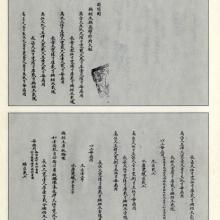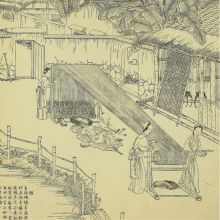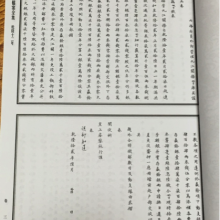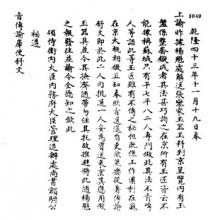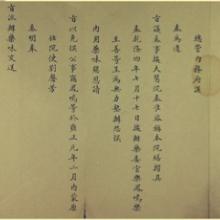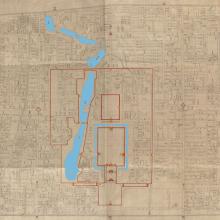Imperial palaces are complex structures with many functions that require planning on many levels: from ensuring financial soundness to the petty business of sweeping floors, from producing extraordinary objects to the performance of state rituals. The metaphor of a machine is used as it invokes the image of interwoven and dependent functional parts that, in the case of imperial palaces, produced money, matter, and identity. Machines, moreover, are not self-sufficient entities, but need constant maintenance and repair, the add-on of new features, reconfigurations, a supply of fuel, and so on. In collaboration with the Beijing Palace Museum, researchers explore these issues focusing on the Chinese imperial palace of the Qing dynasty (1644–1912). Extensive source materials make this site ideal for questions and notions raised within the Histories of Planning research agenda, and to unfold the entangled technological, organizational, and knowledge-making processes that made the system work: administratively, representationally, economically, and on the profane day-to-day level. The project studies the palace as an assemblage of differently defined spaces in which a multitude of actors lived and worked, set standards, and decided on ad hoc solutions. For different areas of expertise, the authors scrutinize what kind of knowledge was considered crucial and when it needed to be controlled. They look into the multiple definitions of spaces and roles, and the situated processes, mechanisms, and interleaving agendas of planned and unplanned objects.
The situated experience of the Qing palace enables insights into how planning was structured by the materials used, and how it was adapted to changing needs or outside influences. The project unpacks small and big planning—what was important, what neglected, what ignored or “black-boxed”—and the different knowledge spheres influencing each other. The working group members work at the MPIWG in Berlin and the Beijing Palace Museum, cooperating on a series of conferences, workshops, and seminars.
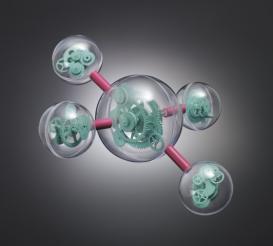
Kyle Bean, creative common license
Working Group
(2014-2016)

